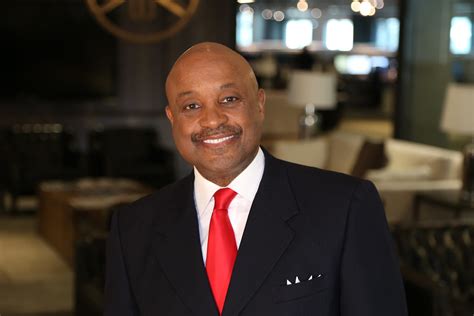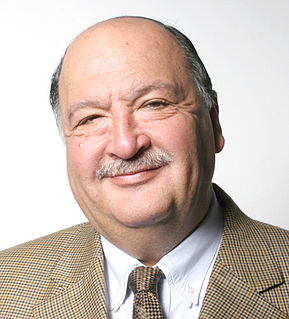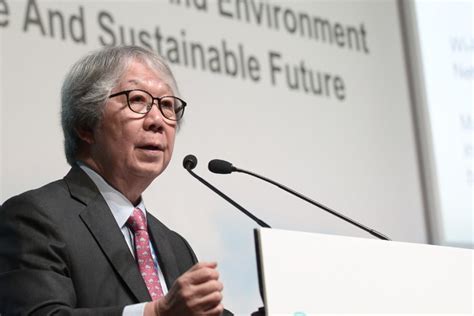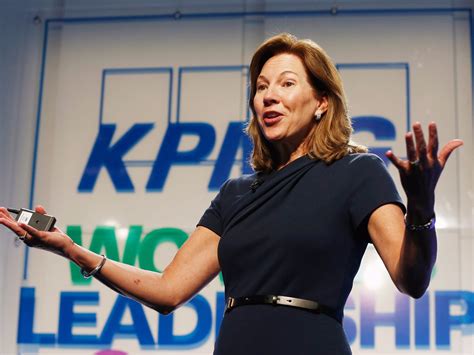A Quote by David Autor
There's always new work to do. Adjusting to the rapid pace of technological change creates real challenges, seen most clearly in our polarized labor market and the threat that it poses to economic mobility. Rising to this challenge is not automatic. It's not costless. It's not easy. But it is feasible.
Related Quotes
...the world needs to face up to the challenge of climate change, and to do so now. It is clear that climate change poses an urgent challenge, not only a challenge that threatens the environment but also international peace and security, prosperity and development. And as the Stern report showed, the economic effects of climate change on this scale cannot be ignored, but the costs can be limited if we act early
We live in an extraordinary time. We are caught up in a pace of social and technological change that makes our work, our business and education, sources of anxiety and unfulfillment. Thinking about our thinking and observing our observations can bring us a new world in which work becomes a place for innovation, and in which peace, wisdom, friendship, companionship and community can exist. Let us design this world together.
Housing has always been a key to Great Resets. During the Great Depression and New Deal, the federal government created a new system of housing finance to usher in the era of suburbanization. We need an even more radical shift in housing today. Housing has consumed too much of our economic resources and distorted the economy. It has trapped people who are underwater on their mortgages or can't sell their homes. And in doing so has left the labor market unable to flexibly adjust to new economic realities.
"Thank You for Being Late" pinpoints 2007 as the year what he calls the, quote, great acceleration began, ushering in a dizzying and disorienting era of change - technological, economic, environmental. Dealing with that change, the challenge of our time, says Tom Friedman. He's here to explain it right now.





































